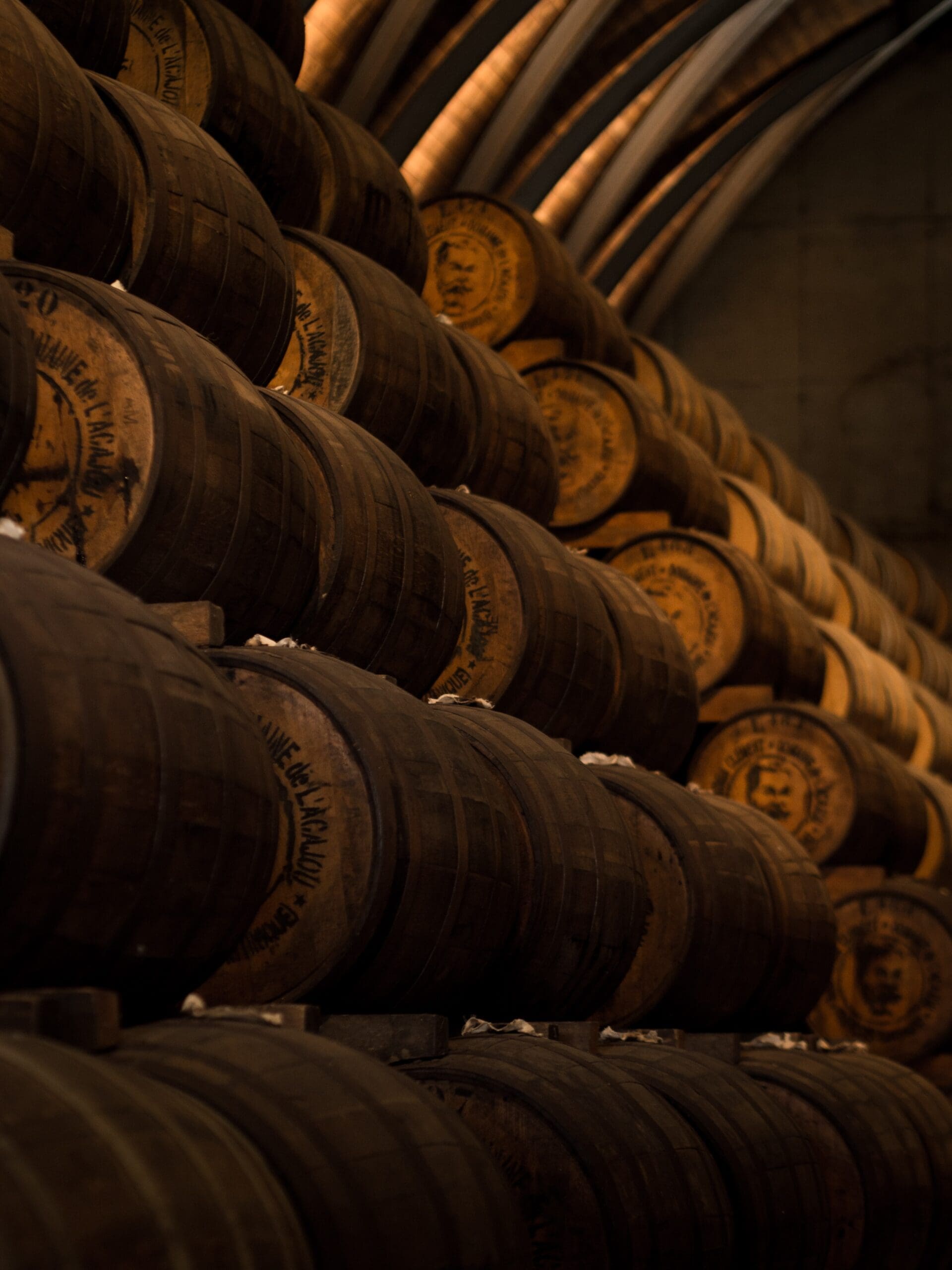It’s no secret that making sweet tasting fruity wines is a quick way to marketing success for a winemaker. It’s tough to blame them for caving in to the thirsty public: wine is more business that art. Plastic surgery has evolved in the cellar in parallel to the operating rooms of Hollywood. The Oak has gotten more precise, more expensive. The tonneliers are the behind the scenes superstars, with the winemakers lining up at their doors to ensure the best allocations. I’m always reminded of the ubiquity of wood aging whenever I hear second hand of a certain ‘unbelievable’ wine that a friend tried on an expense account at a steakhouse, or got as a gift. It’s always Silver Oak, Caymus, Penfolds RWT, or another top notch California or Aussie superstar, all wines with lots of new oak aging making the greatest The Oak Monster.
I’m not here to harp on those wines, however. They are delicious wines in a style that I love to drink in moderation. I compare them to a peanut butter cup: creamy and delicious but starts to taste a little over the top by the time you get to the third cup. The plastic surgery effect of oak manifests in the wine world here again. The neighbors of those all star wines get a little jealous. They get on the phone and do their best to mimic the style, riding the same tonneliers into the creamy oak sunset. I’ve been more aware of this than ever over the last few months as I’ve been cracking many of the first wines I put in my wine cellar with its beautiful iron wine cellar doors ten years ago. The most recent culprit was a 2004 Chateau Lascombes, a classed-growth Bordeaux. I knew this wine had some modernized trappings before I opened it, but I was hoping to encounter some of the perfume that the reputation of Margaux wines was built on over 200 years ago. I’ve never seen a decent wine so overwhelmed by it’s oak component. There was great fruit underneath, nice and juicy, but all of the primary notes were oak based. Vanilla, toast and wood on the nose, creamy butter on the midpalate, and long dry oak tannins. It tasted good, but a $20 wine from California could accomplish much of the same flavors. I wish that the Margaux had more individuality, a defining characteristic. I hope in the future that producers in all parts of the world have the courage to seek individuality in their own wines.




